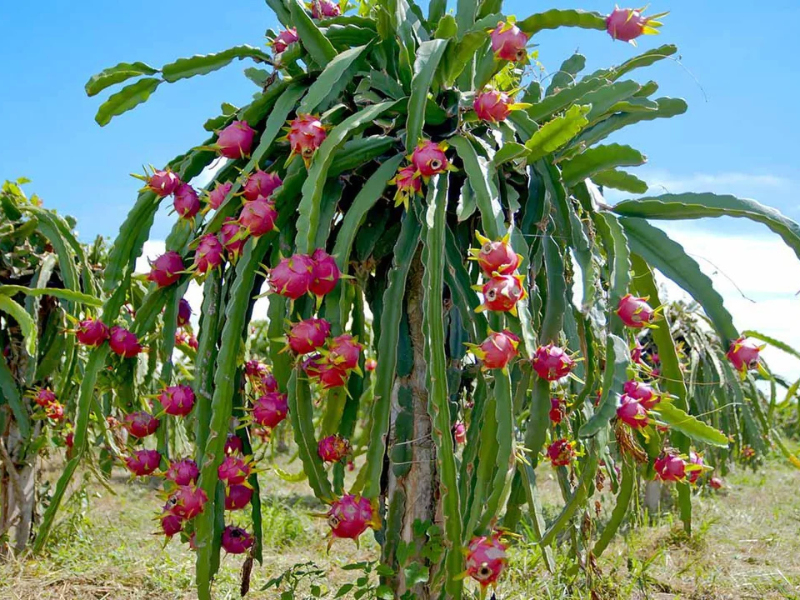Advertisement
4. Dragon Fruit vs. Oranges

Advertisement
One citrus fruit well-known for its great vitamin C concentration and reviving taste is orange. Many diets centre on them, and they are often eaten for their immune-boosting qualities. Comparatively to this citrus favourite, how does dragon fruit taste?Nutritional Comparison: - **** Vitamin C: With roughly 53.2 mg of vitamin C per 100 grams—much more than dragon fruit's 9% of the daily recommended consumption per 100 grams—oranges are well-known for their abundance in this vitamin. Immune system function, skin healing, and antioxidant defence all depend on vitamin C.Both fruits are rather good providers of nutritional fibre. While dragon fruit delivers roughly 3 grammes per 100 grammes, oranges have about 2.4 grammes of fibre per 100 grammes. Fibre encourages normal bowel movements and intestinal health.Antioxidants: ** Rich in flavonoids—including naringenin and hesperidin—which have great anti-inflammatory and antioxidant effects—oranges Along with antioxidants, dragon fruit boasts betalains and carotenoids. Both fruits support general health and help to lower oxidative stress.**Calorie count:** With roughly 47 calories per 100 grammes, oranges have a little higher calorie count than dragon fruit. Both fruits are low-calorie choices fit for control of weight.**Health advantages:**Because of their great vitamin C and antioxidant concentration, oranges are well known for enhancing the immune system, supporting skin health, and lowering the risk of chronic diseases. Complementing each other with its immune-boosting and digestive-supporting qualities, dragon fruit is Both fruits are great alternatives for a diet high in nutrients, and including both will offer a broad spectrum of health advantages.
